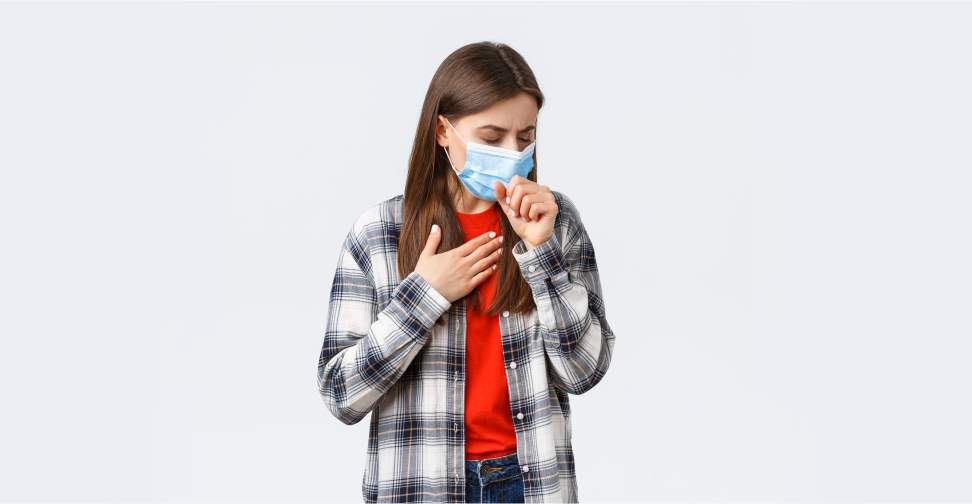

Lower/Upper Respiratory Tract Infection
Our Services


Lower/Upper Respiratory Tract Infection
Lower and Upper Respiratory Tract Infections (RTIs) are common illnesses that affect the airways and lungs. They can be caused by viruses or bacteria and have distinct characteristics and treatment approaches.
Upper Respiratory Tract Infection (URTI):
- Causes:
URTIs are typically viral in nature and include illnesses like the common cold and influenza. Rhinoviruses, coronaviruses, and influenza viruses are common culprits.
- Symptoms:
Symptoms of URTIs include a runny or stuffy nose, sore throat, sneezing, coughing, and sometimes fever. These infections primarily affect the upper airways, such as the nose, throat, and sinuses.
- Treatment:
URTIs are usually self-limiting and resolve on their own. Treatment is mainly focused on symptom relief. Over-the-counter medications may help alleviate symptoms, including pain relievers, decongestants, and cough suppressants. Rest, hydration, and good hygiene practices, like frequent handwashing, can also aid in recovery.
Lower Respiratory Tract Infection (LRTI):
- Causes:
LRTIs can be viral or bacterial. Common viral causes include the respiratory syncytial virus (RSV) and influenza. Bacterial LRTIs are often due to Streptococcus pneumoniae or Haemophilus influenzae.
- Symptoms:
LRTIs affect the lower airways, such as the bronchial tubes and lungs. Symptoms typically include a persistent cough, difficulty breathing, chest pain, fever, and sometimes mucus production. Conditions like pneumonia and bronchitis fall under this category.
- Treatment:
The approach to treating LRTIs depends on the cause. Viral LRTIs are usually managed with rest, hydration, and symptom relief similar to URTIs. In contrast, bacterial LRTIs may require antibiotics. It’s important to seek advice from a medical expert to identify the underlying cause and the most suitable treatment.
In both URTIs and LRTIs, prevention is key to reducing the risk of infection. Practicing good hygiene, getting vaccinated when appropriate, and avoiding close contact with infected individuals can help prevent respiratory tract infections.
It’s essential to consult a healthcare provider for a proper diagnosis and treatment plan, especially if symptoms are severe, persistent, or worsen over time. In severe cases or if complications arise, hospitalization and specialized medical care may be necessary.

Any Questions find here.
A pulmonologist is a medical specialist who focuses on diagnosing and treating diseases and conditions related to the respiratory system. You should consult a pulmonologist if you have persistent breathing problems, chronic cough, chest pain, or a lung-related illness.
During your first visit, you can expect a thorough evaluation of your medical history, a physical examination, and potentially additional tests. Our pulmonologist will discuss your symptoms and develop a personalized treatment plan.
Yes, we are accepting new patients. Contact us to schedule an appointment and start your journey to better lung health.
In most cases, a referral is not required to see a pulmonologist. You can schedule an appointment directly with our clinic.
Get in Touch
Dr. Bhatt Chest Center
Hasthinapuram Central, Laxmi Narashima Puram Colony, Hastinapuram, Hyderabad, Telangana - 500 074.
Clinic Timings
Mon - Sat : 6pm to 9pm
Sunday Closed